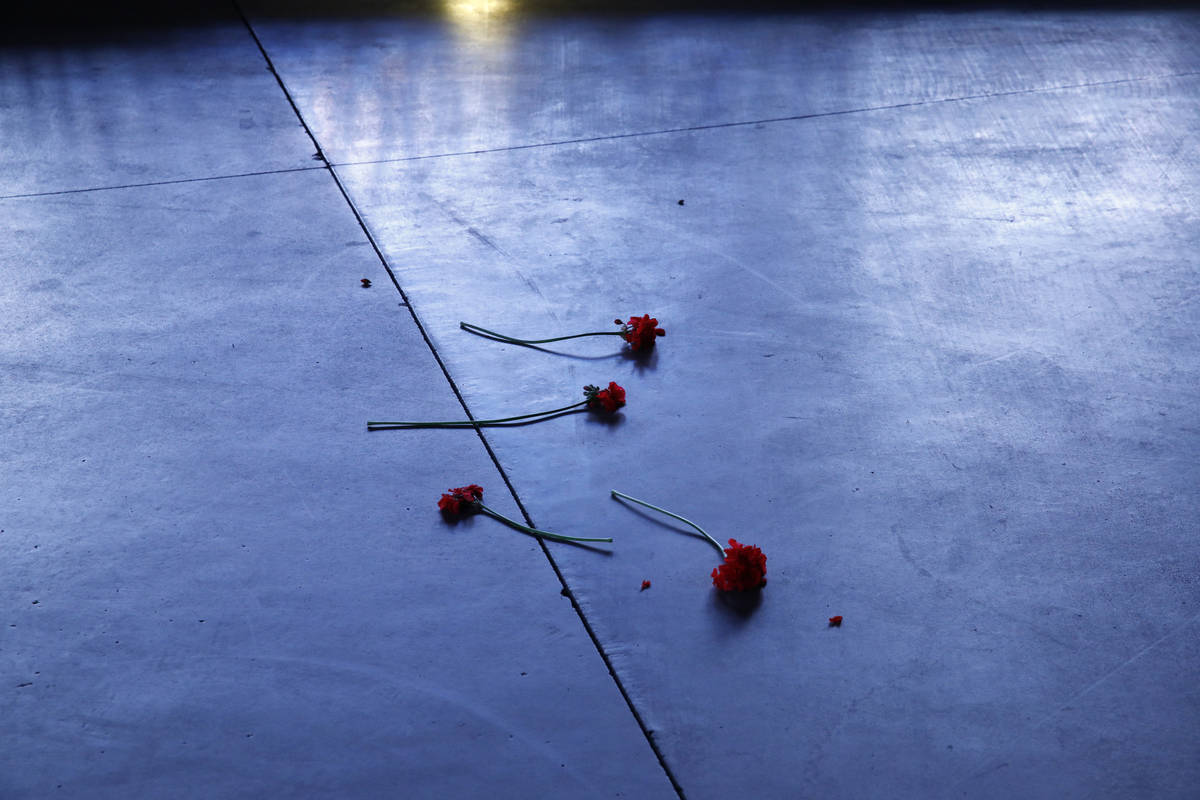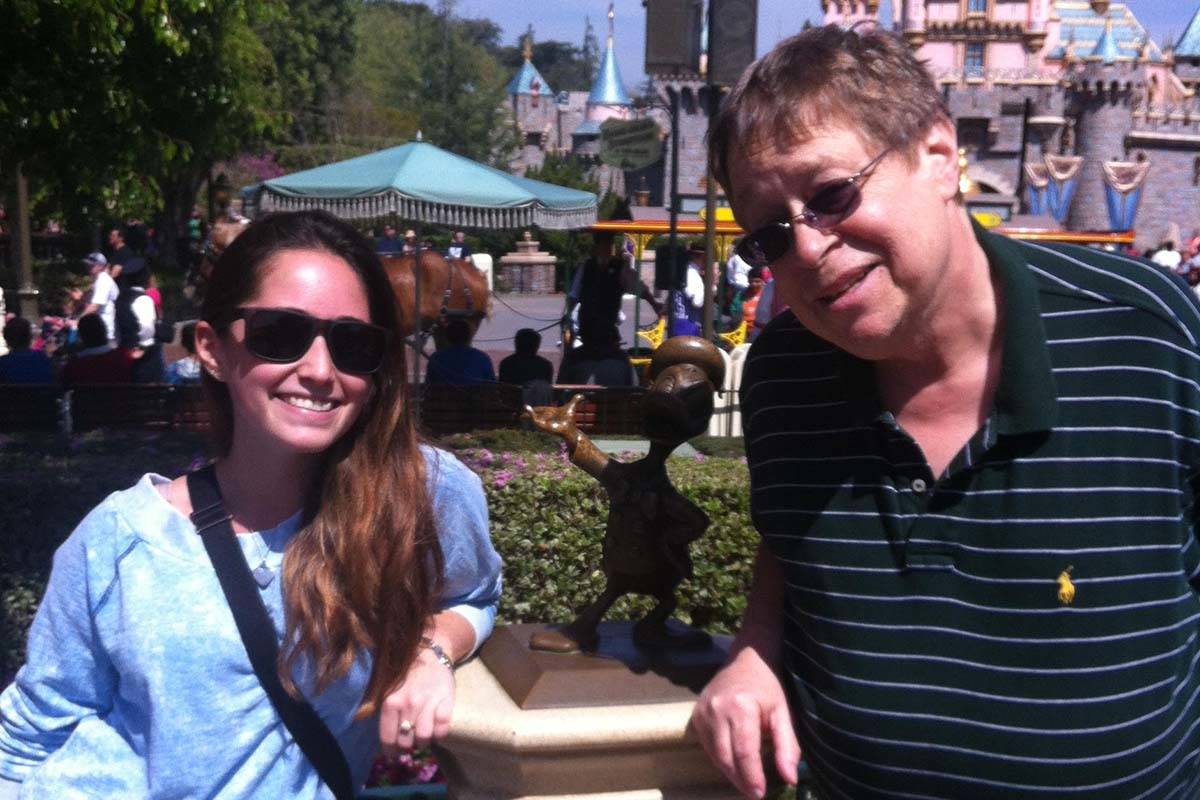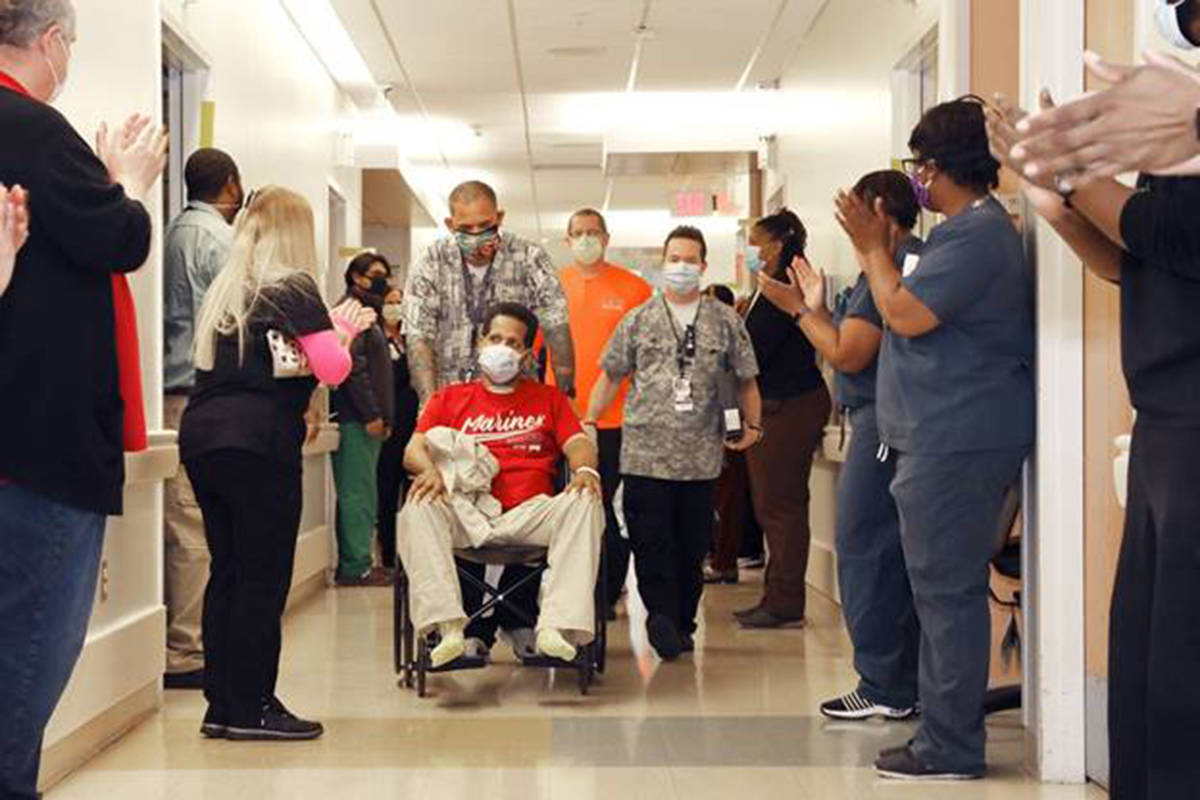Coronavirus victims in Nevada: Help us tell their stories
Right now, it’s hard to grasp the increasing coronavirus death toll in Nevada.
In part, that’s because the Southern Nevada Health District has refused to release the names of any decedents.
Without that information, it can be tricky for reporters to track down friends and family members of people who have died. And without those interviews, it’s nearly impossible to publicly bring a face to each name — more than 200 of them statewide as of Friday evening.
It wasn’t always like this. In March, the Clark County coroner’s office agreed to release the names of everyone in the county who had died of COVID-19.
At the time, the office released four names, including Daniel Scully, the first person in Nevada to die of the disease. He was 69 and a lifelong Chicago Cubs fan.
“The family really liked your article, especially my son who is the baseball nut like Danny was,” Scully’s sister, Cissy Greenspan, wrote, thanking the Review-Journal after it published a story on him. “He thinks we should frame the article so we never lose it.”
But after that first batch of names, the coroner’s office never released a list like it again.
That’s because, in a sudden pivot, county officials argued that the records were not the county’s to release. Their reasoning was that most all coronavirus deaths are considered natural, since positive patients die in the care of a physician. So even with underlying conditions, there is no autopsy, which means it is not considered a coroner’s office case.
Instead, most cases fall under the health district’s office of vital records, which generates a death certificate.
The county never admitted to an error but instead argued that because the records did not originate within county government or the county coroner’s office, the county could not release them, pointing to the health district, which argued in response to a records request that death certificates are confidential.
“There is no basis to claim a record cannot be produced to the public simply because it was provided to the governmental entity by another governmental entity,” said Ben Lipman, the Review-Journal’s vice president of legal affairs and general counsel.
County spokesman Dan Kulin in an email Friday maintained that the governing body does not receive copies of death certificates. So it’s unclear how the coroner’s office was originally able to release the names of the county’s first four coronavirus deaths.
“With regard to death certificates in particular, there is nothing in the law that makes them confidential, and they must be provided like any other public document,” Lipman said. “It is sad the government is seeking to hide this information at a time like this, when it is so important to our community for people to know what is happening and to know whether they have been at risk of exposure.”
The county did, however, separately release the names of two people who died of COVID-19 this week because those cases — for unknown reasons — required an autopsy and therefore were considered coroner cases.
They were Francisco Alvarez-Novoa, 76, of Las Vegas, who died April 4; and Yuan-Chi Huang, 75, of Las Vegas, who died April 1.
The Review-Journal continues to seek a complete list of people who have died of COVID-19 in Nevada from local officials, including age, race and place of death, with the understanding that not all friends and family members may feel comfortable talking to a reporter about their loved ones.
But for those like Greenspan, who believed that her brother’s story could alert others about how serious the virus can be, the Review-Journal is introducing a new way for people to memorialize their loved ones.
Through a form on the Review-Journal’s website, you can now submit stories about your loved ones who have died because of the pandemic. You can also upload a photo if you’d like. Because even though local officials are not releasing a verified list, nothing is stopping the newspaper from reaching out to the community it serves.
You can find the form at reviewjournal.com/covid-stories.
If you know someone who has survived a hard-fought recovery, the Review-Journal would also like to hear from you, as there is no reliable way for the newspaper to get patient names.
Please submit your stories of recovery to covidstories@reviewjournal.com so the newspaper can share those stories as well, like the story of Ronald Pipkins, Nevada’s “patient zero,” who spent a month in a coma but a few days ago was discharged and able to return home.
“It kind of gives me chills that I’m popular because I’m alive,” Pipkins said at the time. “I hope that maybe I can inspire people to understand how serious this virus is. It took me by storm.”
Contact Rachel Crosby at rcrosby@reviewjournal.com or 702-477-3801. Follow @rachelacrosby on Twitter.













































